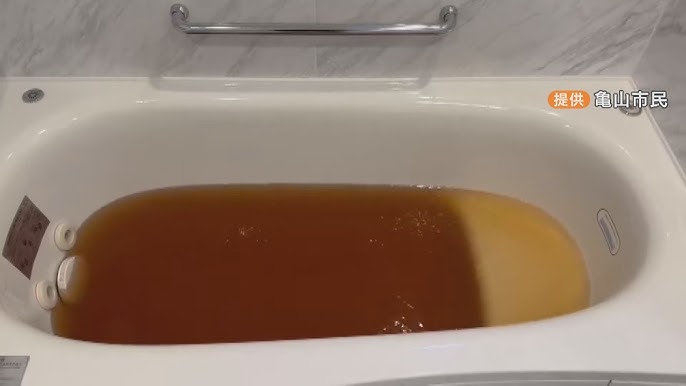Unsettling incidents of tap water turning brown have been reported in various regions across Japan. This unexpected development has sparked widespread public concern as many residents find themselves unable to use the water for essential tasks like cooking. The authorities are urgently investigating the issue to identify the cause and resolve it swiftly. While the safety of the brown water is still being verified, citizens are advised to use bottled water for their immediate needs.
In Japan, incidents like this can greatly affect daily life, given the cultural emphasis on food safety and cleanliness. Most Japanese households rely on tap water for cooking, drinking, and self-care, making this problem incredibly disruptive. Additionally, the societal expectation of the government's responsibility to maintain public welfare is in focus now, particularly the need for reliable infrastructure and prompt communication in emergencies.
In comparison, the US and EU have experienced similar issues, most notably in the Flint, Michigan water crisis. Such matters are treated with utmost seriousness, given the potential health implications and the fundamental right to clean, safe drinking water. In both regions, restitution efforts often involve in-depth investigations, infrastructure updates, and potentially legal action against responsible parties.

